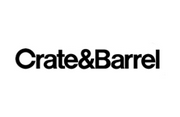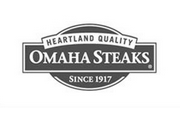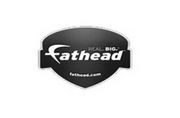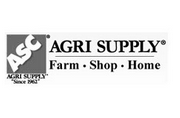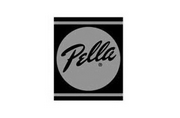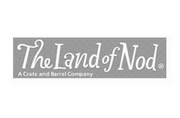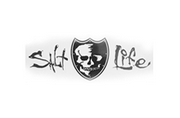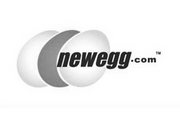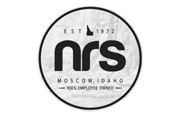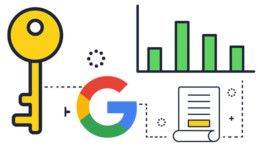
Why are my keywords on the 2nd page of Google?
This is a question we often get from prospects. Tell me now, or don’t waste my time! It’s a statement we certainly understand and can appreciate. As a brand and in a perfect world, all of your keywords would be in the top 3 results on Google.
Let’s dig in:
If you’re stuck in positions 8-15 and haven’t seen significant movement in some time, or you were in the top 3 results and suddenly dropped, ask yourself the following questions.
-
- Algorithm Update. Did you notice a drop in keywords by a Google Algorithm update?
- On-Page Content. Read it. What’s the word count? Does your content clearly and concisely answer user questions?
User-Generated Reviews. Is this even on? It’s a great way to increase word count. Turn this on if you believe in your product, company, and process. - Blog Content. Do you have an active blog? How often are you blogging, yes this is important!
- Links. What is the overall link equity of the page? Do you have links coming back? Are they niche related? What is the overall domain authority of those links?
- Tags. What does your title look like? Do you have ONE H1? Does it include a GOOD keyword?
- Competition. Do you actively know what they’re doing? Have you mind-mapped word count, DA, on-page with your page vs competitive pages that are ranking higher? This ALL MATTERS!
Let us take a look. We can start with an exploratory call to discuss how to raise your rank on some of your most important keywords. It’s not all about Amazon…….
Google's Helpful Content Update
Google’s algorithm updates for 2022 are already here, and with that comes a new challenge in staying ahead of the competition. It’s important to stay informed on any changes Google makes to ensure you’re staying up to date with how they rank websites and content. The most recent update was the Helpful Content Update, which helps Google determine the quality of content and how it should be ranked. To stay ahead of your competitors, ensure you’re providing helpful, meaningful content that answers a user’s search query. Additionally, make sure to optimize images with alt tags, as well as ensure your titles are SEO-friendly and contain relevant keywords.
On-page optimization refers to both the content and HTML source code
On-page content is still very important to SEO and should be a major focus if you want to rank higher on Google. On-page content, or on-page SEO, refers to the elements of a website that can be optimized to improve a site’s ranking in search engine results pages. On-page SEO elements include title, meta descriptions, header tags, images, and anchor text. By optimizing these elements, site owners can improve their site’s visibility and click-through rate. On-page content consists of words and phrases that accurately describe a website’s content. Optimizing this content can help Google understand what the page is about and therefore rank it higher for related searches. It’s important to use keywords that are relevant to your topic to get the most out of on-page SEO. Also, avoid keyword stuffing, as it can hurt your ranking rather than help it.
Utilizing user generated reviews in your content strategy
User-generated reviews offer another way to rank higher on Google. Reviews are a great source of content and can help you build trust in your brand, which is important for SEO success. Reviews should be genuine and accurately represent what customers experience when using your product or service. Additionally, reviews give readers an insight into how other customers feel about the company.
Content is still king, and so is blog content and regular posting
Blog content and regular posting go a long way to helping increase website rankings. Posts should be SEO-friendly and include relevant keywords, titles, and meta descriptions (on-page optimization). Also, posts should provide value to readers (Helpful Content Update) and answer their questions. Additionally, ensure you’re linking to other pages on your website to help increase domain authority.
How do links impact search rankings?
Links are vital for positioning your page to increase in rankings. This is where the long run comes into play. Quality links point to your website from other authoritative websites, which will help Google understand that your site is important. Ensure you’re building relationships with industry leaders to secure quality backlinks (also known as link equity). Additionally, always ensure any incoming links are niche-related, have good domain authority, and look natural.
What does your title look like? Do you have ONE H1? Does it include a GOOD keyword? Are your URLs SEO-friendly? Is there a meta description for each page?
These are all questions to consider when optimizing for SEO, as title tags and metadata play an important role. Title tags should be short and include relevant keywords that accurately describe the page’s content. Meta descriptions should also be short (maximum 155 characters) and contain important keywords related to the page’s content. Additionally, ensure your URL structure is optimized by using hyphens instead of underscores or symbols.
Good luck! Nope, this has nothing to do with luck. It is all hard work. If you need help completing these tasks, please reach out today to set up a time to talk.

